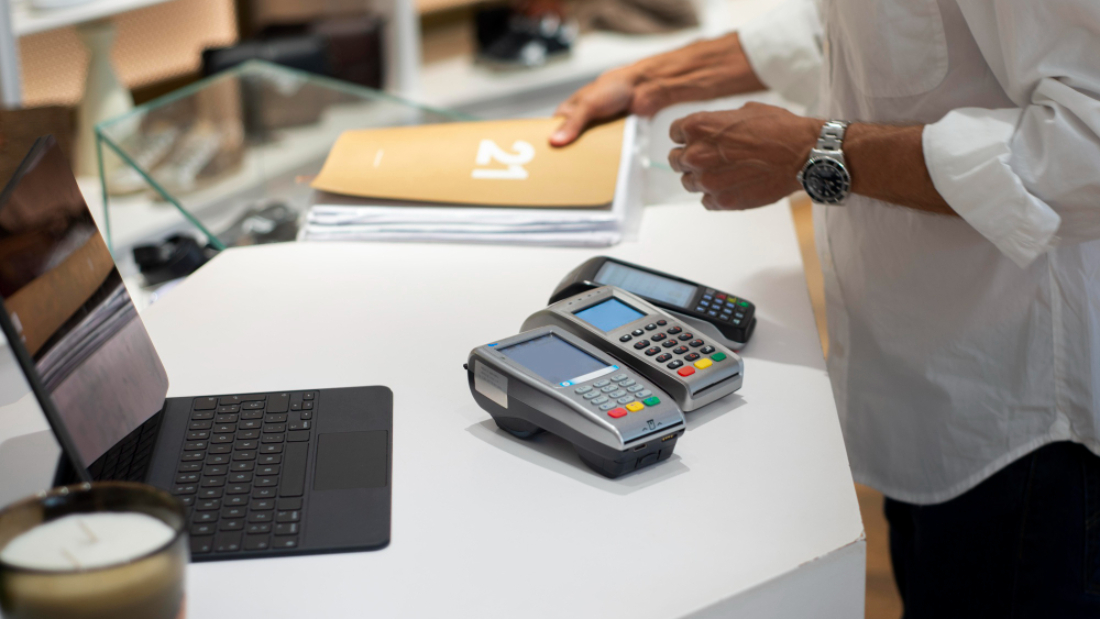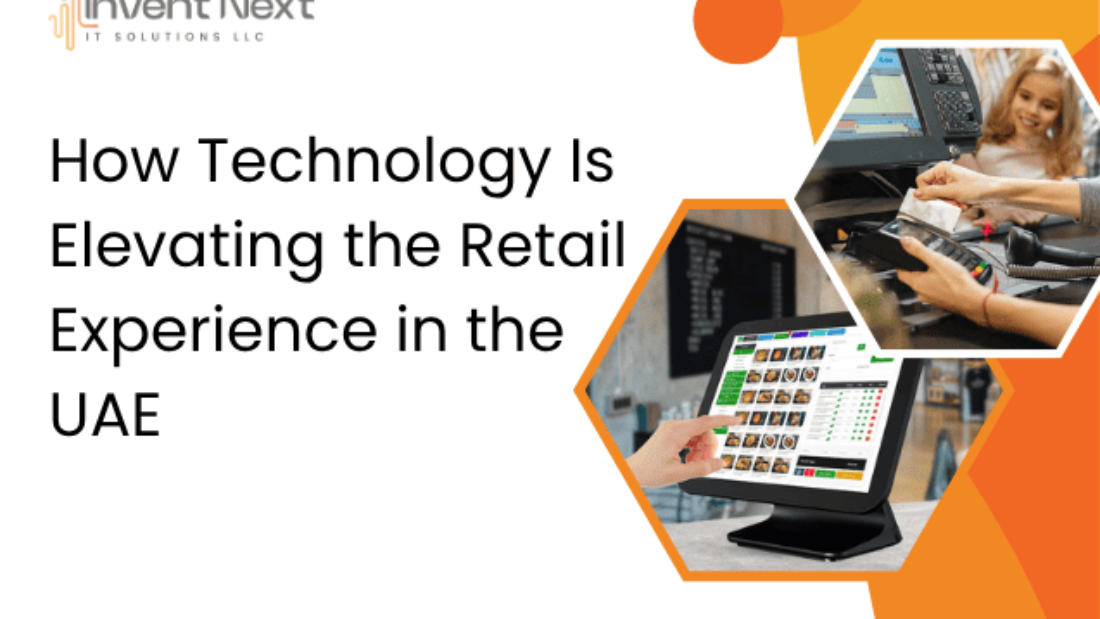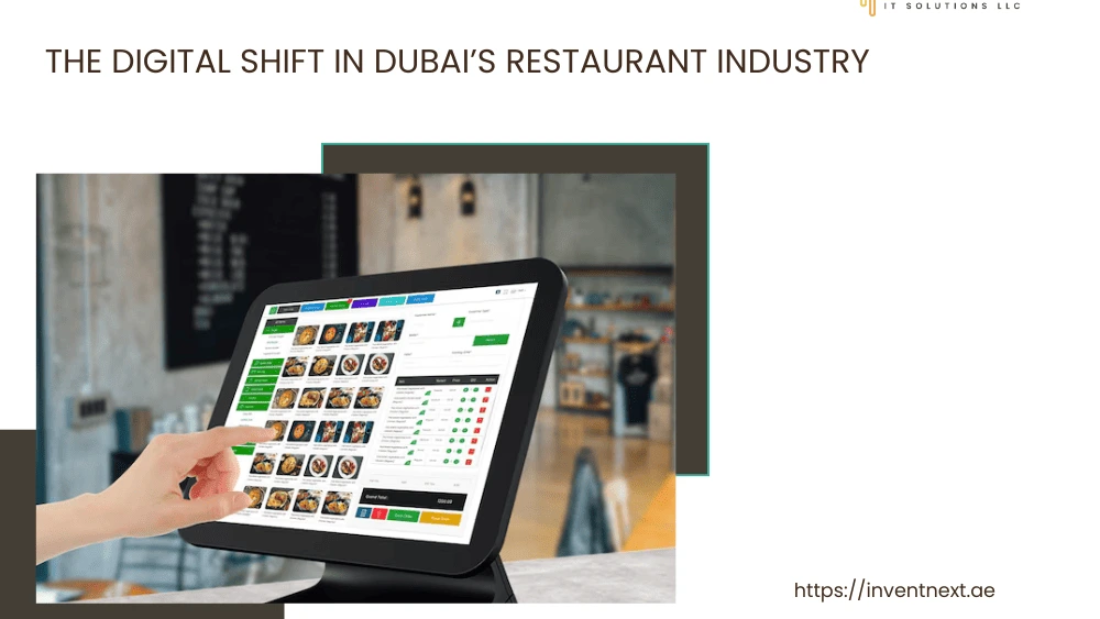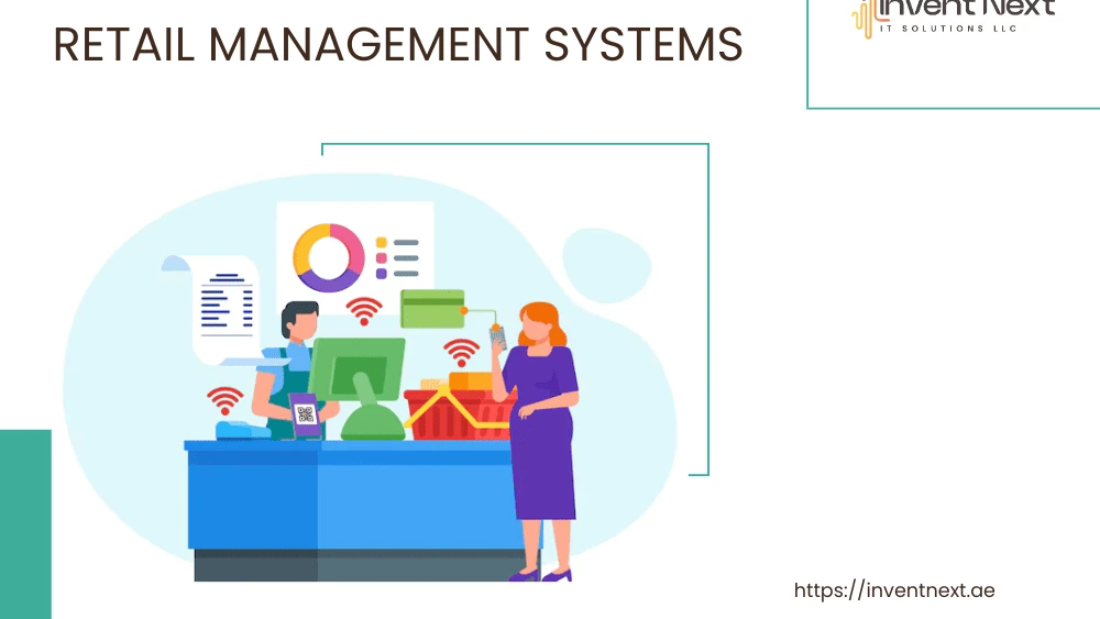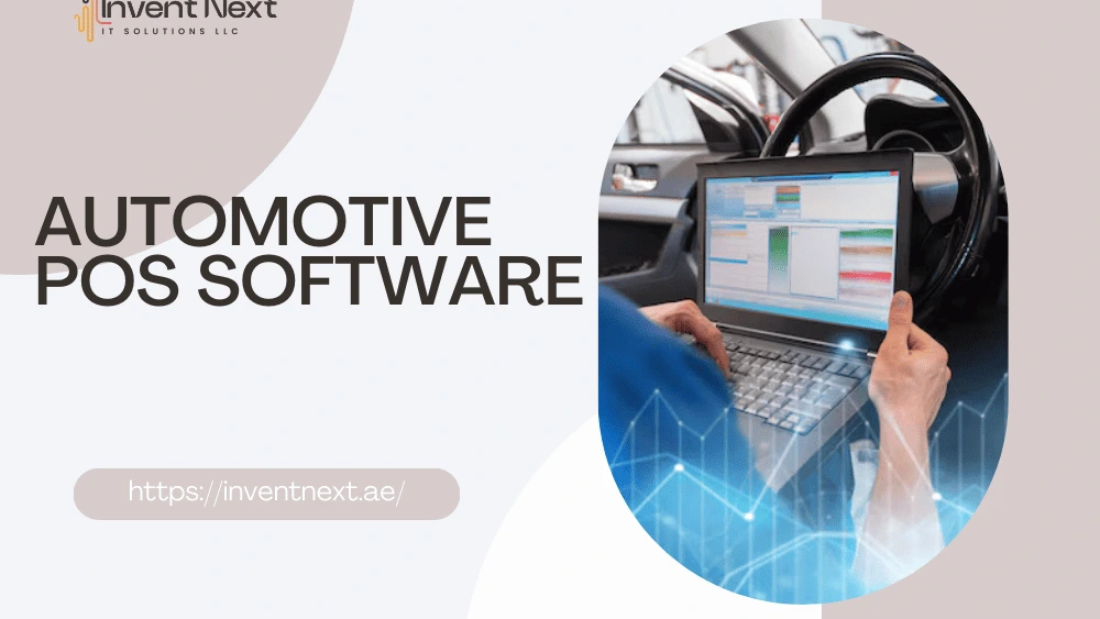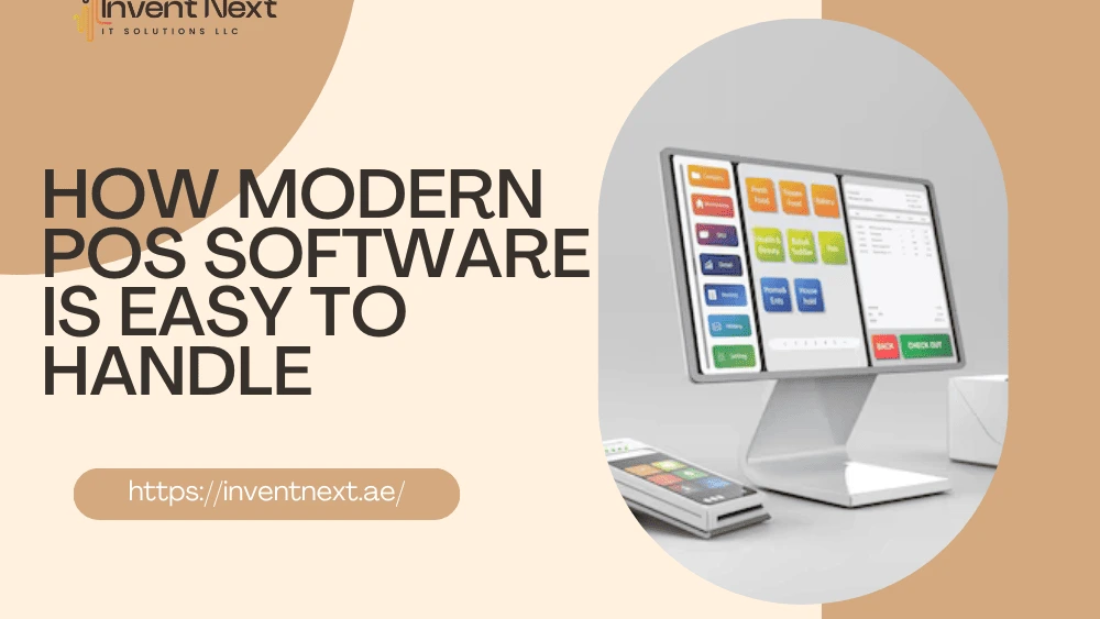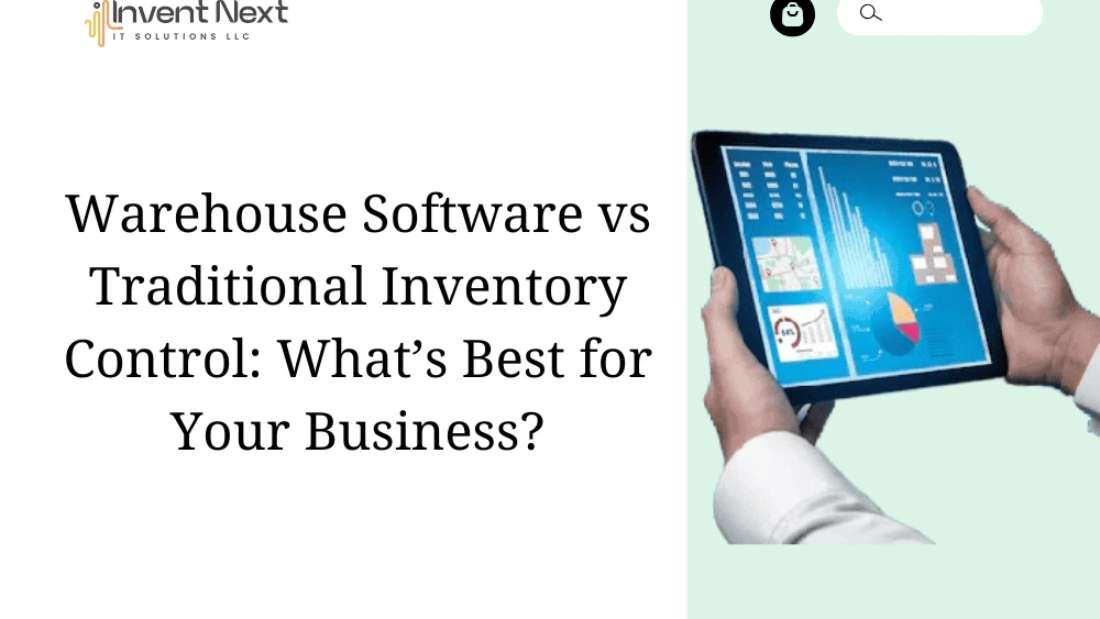Choosing the best point of sale software Dubai businesses can rely on is not always simple. Different business sizes—small shops, cafés, boutiques, medium-sized retail stores, and large enterprise chains—have very different needs, budgets, and operational challenges. Selecting the right system requires understanding what features matter most for your business size, how your store operates, and how future-ready your POS needs to be.
In this guide, we break down the best way to choose a POS system in Dubai based on business size, scalability, compliance requirements, and market expectations. Whether you run a small store or a large chain, this article will help you make an informed decision using the right selection criteria.
Why Business Size Matters When Choosing Pont of Sale Software
While most POS systems look similar on the surface, their functionality and architecture vary greatly once implemented. Dubai is home to thousands of retail, F&B, and service-based businesses, each with unique operational needs. A small café may only need simple billing and inventory, whereas a multi-branch retailer requires advanced analytics, ERP integration, and centralized reporting.
Choosing the right point of sale software Dubai offers can help you:
- Improve billing speed and reduce queues
- Track inventory accurately
- Minimize manual errors
- Automate financial reporting
- Manage customer loyalty and promotions
- Support business growth without switching systems
This is why understanding your business size and operational complexity is the first step in selecting the perfect POS.
POS Software Requirements for Small Businesses
Small businesses in Dubai—such as boutiques, mini supermarkets, specialty stores, salons, and cafés—need a POS system that is affordable, easy to set up, and simple enough for new staff to learn quickly.
Key Features Small Businesses Should Look For
1. User-Friendly Interface
Small businesses often hire part-time or frequently rotating staff. The POS should be intuitive and require minimal training.
2. Essential Inventory Tracking
While small stores don’t handle complex stock operations, they still need item tracking, low stock alerts, and simple reordering features.
3. Fast Billing and Checkout
A quick checkout process helps avoid long queues during rush hours.
4. Basic Reporting
Sales summaries, daily revenue, top-selling items, and profit insights allow owners to track performance.
5. Affordable Pricing Plans
Subscription-based POS solutions are ideal for small businesses to avoid heavy upfront investment.
6. Cloud Access
Owners can check sales from anywhere—mobile, tablet, or laptop.
7. Local UAE VAT Support
Dubai’s VAT rules require accurate invoicing and reporting.
A small business doesn’t require enterprise-grade complexity, so choosing flexible point of sale software Dubai providers that offer lightweight modules is the smartest decision. This ensures smooth daily operations without overwhelming the staff.
POS Software Requirements for Medium-Sized Businesses
Medium-sized businesses—such as multi-department stores, mid-level fashion retailers, hardware stores, cafés with multiple branches, and restaurant chains—operate at a more complex level. Their POS systems must manage multiple moving parts and support business expansion.
Key Features Medium-Sized Businesses Need
1. Multi-Store Management
A central dashboard to monitor multiple locations, track stock movement, and compare performance.
2. More Advanced Inventory Tools
Such as variant management, stock transfers, purchase orders, and supplier management.
3. CRM and Loyalty Programs
Medium-sized brands depend strongly on repeat customers. POS-based loyalty helps drive retention.
4. Customizable Reports and Analytics
Business owners need insights on category performance, seasonal demand, and branch-wise sales.
5. Employee Management Tools
Track shifts, role-based permissions, and staff performance.
6. Omnichannel Integration
Medium retailers often run both physical and online stores. POS should sync online and in-store inventory.
7. Scalable Architecture
The POS should grow with the business without requiring migration to another platform.
Choosing a scalable point of sale software Dubai retailers can upgrade over time ensures medium-sized businesses stay future-ready and operationally efficient.
POS Software Requirements for Large Enterprise Businesses
Large businesses—supermarket chains, large retail groups, luxury brands, hypermarkets, pharmacies, and multi-chain restaurants—operate at an enterprise level. They require highly advanced POS capabilities and customized integrations.
Key Features Large Enterprises Must Have
1. Real-Time Centralized Control
Enterprises need a single interface for managing pricing, promotions, inventory, and operations across many branches.
2. Advanced Inventory With Automated Forecasting
Predictive analytics help reduce stockouts and optimize replenishment.
3. ERP Integration
Seamless connectivity with SAP, Oracle, Microsoft Dynamics, or other enterprise systems.
4. High-Level Data Security and Permissions
Role-based restrictions, audit logs, and strong encryption.
5. Custom Integrations
Loyalty integrations, e-commerce, payment gateways, accounting software, or custom APIs
6. Offline Mode Support
Enterprises cannot afford downtime. POS should process sales even without internet.
7. Tailored Dashboards and Business Intelligence
Enterprise dashboards help strategists make data-driven decisions.
Large organizations typically require strong customization. A robust, enterprise-ready point of sale software Dubai companies prefer must be flexible enough to match their internal workflow, security, and reporting requirements.
How to Decide Which POS System Is Right for You
Regardless of your business size, a few universal factors matter:
1. Understand Your Business Workflow
Map out your daily operations—from stock management to checkout—to see what features are essential.
2. Check UAE-Specific Requirements
Your POS should support VAT invoicing, Arabic/English languages, and local payment methods like Apple Pay, Google Pay, and card terminals widely used in Dubai.
3. Choose Scalable Solutions
A POS should grow as your business expands. Always choose a system that offers flexible upgrades.
4. Evaluate Customer Support in Dubai
Local support ensures immediate help with technical issues, installations, hardware upgrades, and onsite visits.
5. Look for Customization Options
Custom modules or workflows help fine-tune operations—important for medium and enterprise businesses.
5. Look for Customization Options
Custom modules or workflows help fine-tune operations—important for medium and enterprise businesses.
6. Consider Cost vs. Value
Avoid choosing only by price. Focus on long-term value: automation, customer retention, efficiency, and business growth.
Why Choosing the Right POS Provider in Dubai Matters
Dubai’s business environment moves fast, competitive trends shift quickly, and customer expectations demand speed and accuracy. A reliable POS system becomes the center of your operational efficiency.
The right point of sale software Dubai providers offer:
- Modern cloud technology
- VAT-compliant billing
- Real-time inventory tracking
- Secure payment processing
- Reliable uptime
- Scalable modules
Your POS becomes more than just a billing system—it becomes a business intelligence tool.
Future Trends in POS Software Dubai Businesses Should Watch
Dubai is rapidly embracing digital transformation, and the future of POS systems is evolving just as fast. Businesses are moving toward AI-driven inventory forecasting, seamless omnichannel retailing, mobile POS devices, cloud-based management, and fully integrated loyalty systems. Contactless payments such as Apple Pay, Google Pay, and QR-based transactions are also becoming standard across the UAE.
At Invent Next, we help businesses stay ahead of these trends by offering modern, scalable POS solutions designed for Dubai’s fast-changing retail and F&B landscape. Our technology ensures your business remains future-ready, efficient, and competitive

